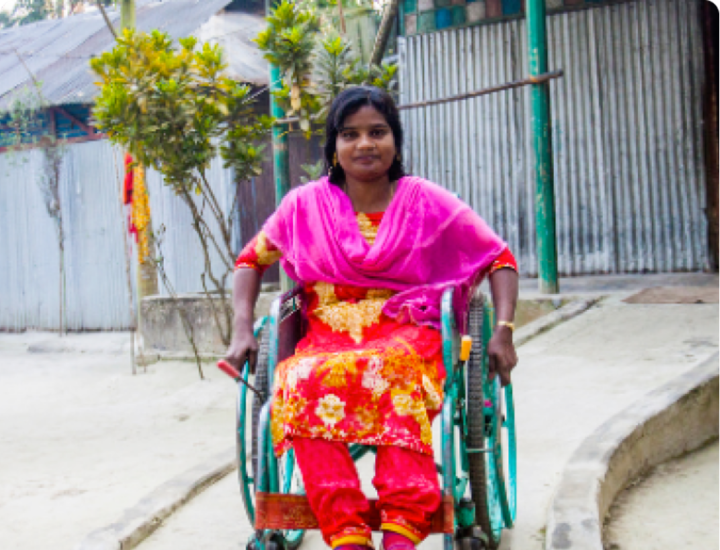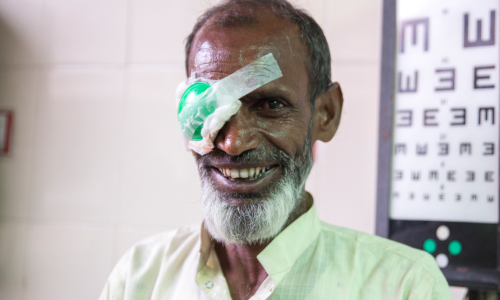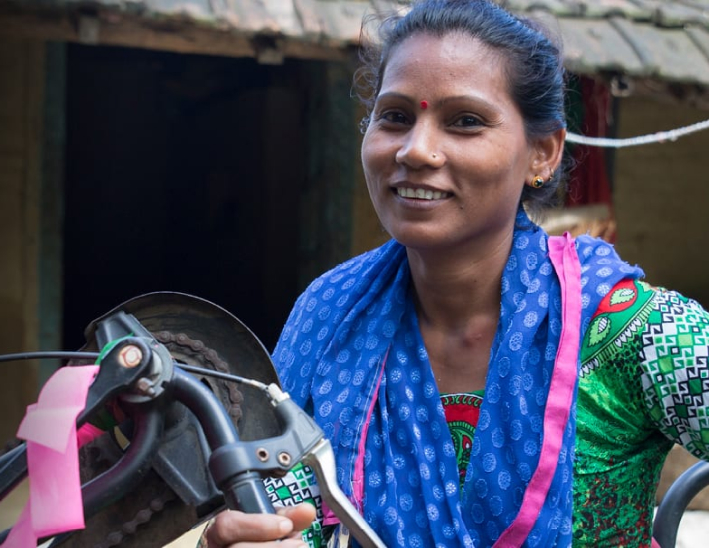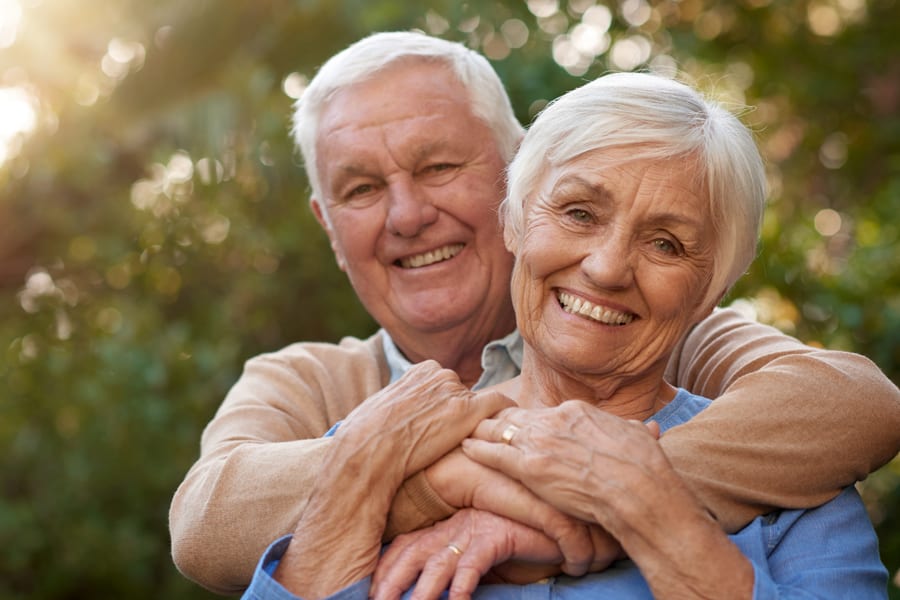Poverty and disability go hand-in-hand
People with disabilities are among the poorest in the world. A combination of people’s attitudes, poor legislation and a physically limiting environment can also stop people with disabilities from having the same opportunities as everyone else. CBM believes disability is a human rights issue and poverty is a global issue. Our work as disability advocates has only scratched the surface. We need your help to ensure continued disability inclusion when it comes to healthcare, medical assistance, job opportunities and more for people with disabilities living in developing countries in the years to come.
Disability leads to disadvantage
The WHO/World Bank World Report on Disability notes the following about disability inequality:
- Disability is more common among women, older people and children and adults who are poor.
- People with disabilities often don’t receive needed healthcare.
- Children with disabilities are less likely to attend school than non-disabled children.
- People with disabilities are more likely to be unemployed than non-disabled people.
Disability funding is limited in developing countries, which is why your charitable donations to men, women and children with disabilities living in some of the poorest countries in the world is vital to driving systematic change.

CBM’s program and initiatives are driven by some stark facts:
- One in seven of us has a disability — that is more than a billion people around the world, 80% of whom live in developing countries.
- One in five (20%) of the poorest people living in developing countries has a disability.
- There is a vicious cycle of poverty and disability. If you are poor, you are much more likely to have a disability because of poor nutrition and unsafe working conditions, as well as lack of access to medical care, clean water and sanitation. The discrimination and exclusion faced by people with disabilities in health, education and livelihood, for example, results in increased risk of vulnerability and the likelihood to become and stay poor.
- Millions of people with disabilities are currently affected by humanitarian crises. People with disabilities are the most likely to be worst affected and least likely to get help.
- The COVID-19 crisis is disproportionately affecting people with disabilities. Some of the key issues include a lack of accessible life-saving public health information, lack of support in putting hygiene measures into practice, lack of accessible health facilities, and in some countries, negative attitudes and vaccine access.
The Cycle: Explained
Poverty and disability go hand in hand creating a cycle of inequality, isolation and exclusion that leads to the most extreme forms of poverty.
What you can do to help

Make a donation
You can change a life by supporting our appeals or by giving a regular gift.

Advocate with us
Join us in advocating for an inclusive world in which all people with disabilities enjoy their human rights.

Leave a gift in Will
Through your Will you can leave a legacy of hope that will live on beyond your lifetime and impact generations.
